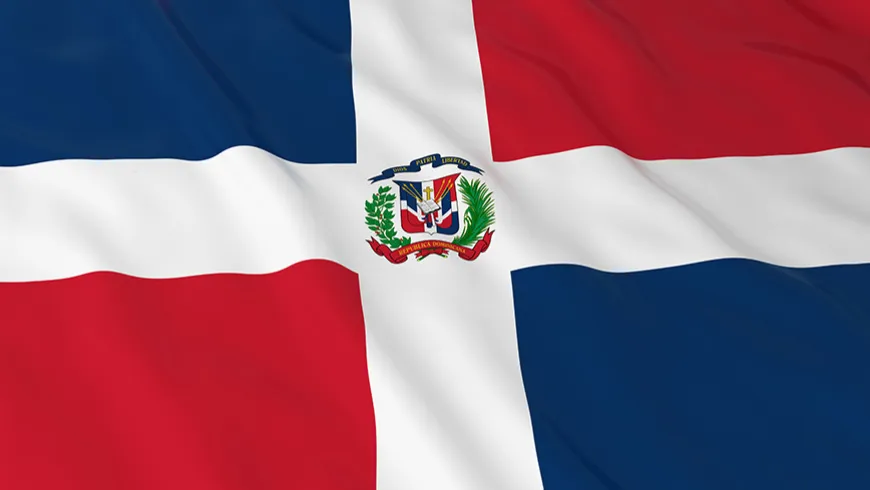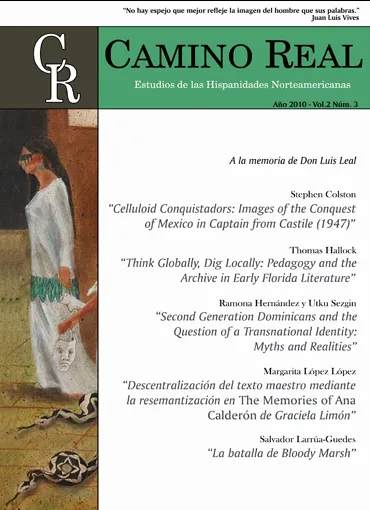
Like their parents, second-generation Dominicans in the United States are generally described in the academic literature as transnational, a description that perpetuates the notion that Dominicans, as a whole, hold onto a transnational identity. This monograph focuses on the presumed transnational identity of Dominicans born in the United States. The analysis relies on empirical data extracted from 23 in-depth, semi-structured interviews with college-educated second-generation Dominicans, as well as findings from a probabilistic survey of 600 adult Dominicans living in households in New York City who answered questions related to everyday life issues. Three basic questions inform the analysis: (1) What characteristics do second-generation Dominicans exhibit that persuade scholars to describe them as “transnational” despite being born and raised in the United States? (2) Do second-generation Dominicans exhibit similar or different transnational practices as their parents? And (3) What is the likelihood that second-generation Dominicans will transmit a transnational identity to their children? The authors argue that transnational practices by U.S.-born Dominicans are highly selective and very distinct from transnational practices traditionally associated with immigrants. They further argue that second-generation Dominicans of higher socioeconomic status—as measured through levels of education, type of job, and income—are likely to identify less with transnational practices and more with mainstream U.S. social practices as compared to second-generation Dominicans of lower socioeconomic status. In addition, upwardly mobile second-generation Dominicans live in a diverse world, relating and interacting with non-Dominicans. Thus, even if they operate as ethnic-Dominicans, they are expected to be able to function in an ethnicallydiverse context. A changing society where diversity and hyphenated ethnic identities prevail raises the question of what are the prospects for the continuation of the transnational Dominican cultural identity in the United States.


